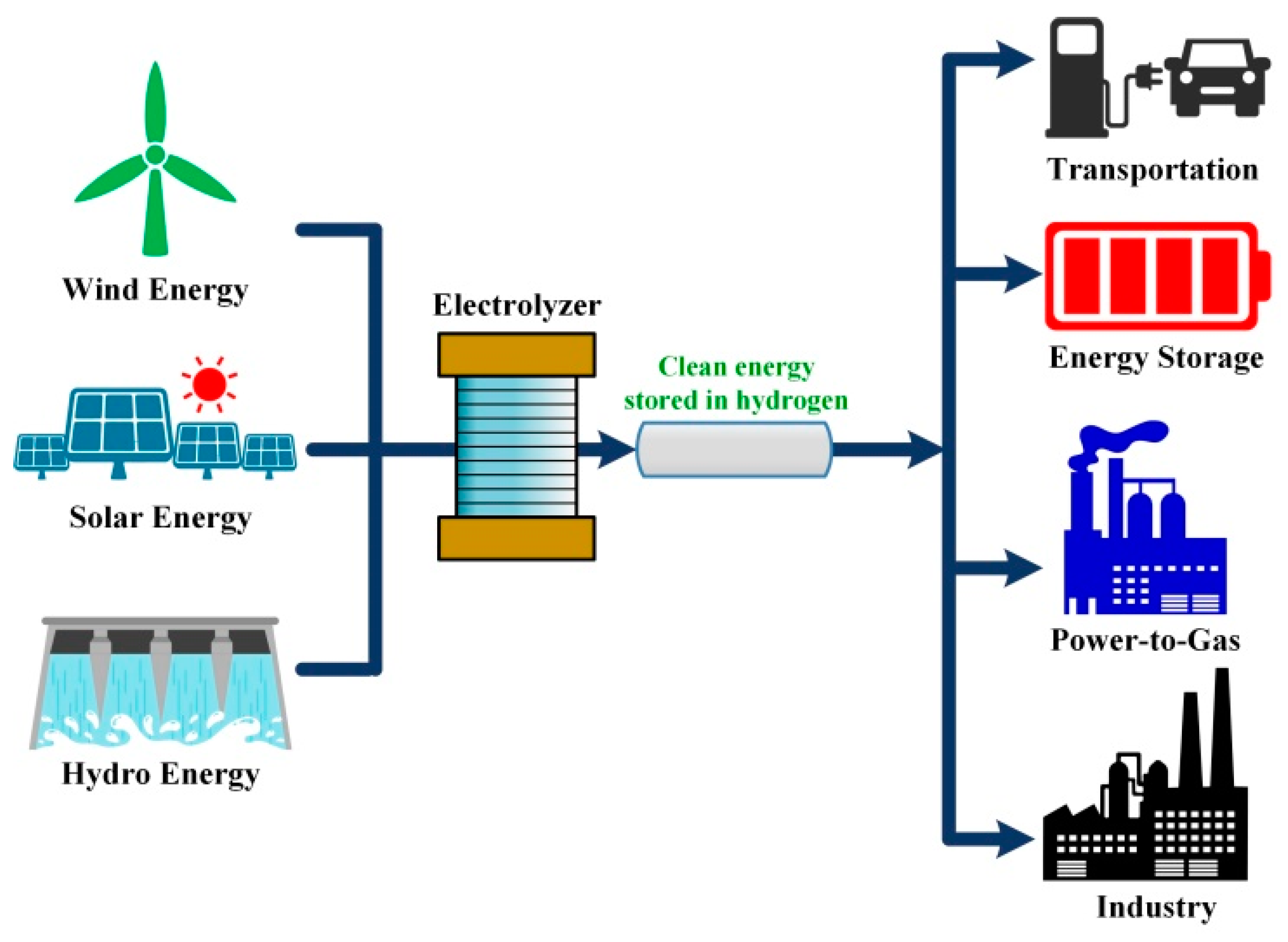An RV water heater is an essential component of any camper or motorhome, providing hot water for showers, dishwashing, and other daily needs while on the road. Choosing the right model can make a significant difference in comfort, efficiency, and convenience during your travels.
When selecting the best RV water heater, several factors should be considered, including fuel type, capacity, heating speed, and overall efficiency. Understanding these features will help you find a unit that fits your specific needs.
1. Types of RV Water Heaters
There are different types of RV water heaters available, each with its own advantages and disadvantages. The main types include:
Gas-Powered Water Heaters
These models use propane or natural gas to heat water, making them a popular choice for off-grid camping. They are efficient and provide consistent hot water, even when electricity is not available. However, they require proper ventilation and periodic maintenance to ensure safe operation.
Electric Water Heaters
Electric water heaters are convenient for campsites with access to shore power. They do not produce emissions and are easy to use, but they rely on an external power source, which may not be ideal for remote locations.
Combination Gas and Electric Water Heaters
These models offer the flexibility of running on either propane or electricity, allowing you to switch based on availability. This dual-functionality ensures a reliable hot water supply regardless of your camping setup.
Tankless (On-Demand) Water Heaters
Tankless RV water heaters heat water as it flows through the system, eliminating the need for a storage tank. They provide instant hot water and are more energy-efficient than traditional tank models. However, they may require a stronger water flow and higher initial investment.
2. Water Heater Capacity and Size
The capacity of an RV water heater determines how much hot water it can supply at one time. Common sizes include:
- 6-gallon tanks: Suitable for small RVs and occasional use.
- 10-gallon tanks: Ideal for families or frequent use.
- Tankless systems: Provide unlimited hot water as long as there is a steady water source.
When choosing a unit, consider the size of your RV and your household’s water usage needs. A larger capacity heater will offer more hot water but may take up more space and consume more fuel.
3. Heating Speed and Recovery Rate
The recovery rate refers to how quickly a water heater can reheat water after use. Gas heaters generally recover faster than electric models. Tankless heaters provide continuous hot water without needing to reheat a storage tank, making them a great option for those who require consistent water flow.
If multiple people need hot water in a short time, look for a unit with a high recovery rate to minimize waiting periods.
4. Energy Efficiency and Fuel Consumption
Energy efficiency is a crucial factor when choosing an RV water heater. Tankless models tend to be more efficient because they only heat water when needed, reducing overall fuel consumption.
For propane heaters, consider models with automatic ignition systems to prevent unnecessary fuel usage. If you opt for an electric model, check the wattage rating to ensure it aligns with your RV’s electrical system.
5. Installation and Compatibility
Before purchasing a water heater, check its compatibility with your RV’s existing plumbing and power system. Some models require additional venting or specific water pressure levels to function correctly.
Key installation considerations:
- Size and dimensions: Ensure the unit fits in the designated space.
- Water pressure requirements: Match the heater’s specifications with your RV’s water pump capacity.
- Mounting options: Some models are wall-mounted, while others fit into existing water compartments.
Professional installation may be required for complex setups, especially for tankless or gas-powered models.
6. Safety Features
Safety is essential when using a water heater in a confined space like an RV. Look for models with built-in safety features, such as:
- Overheat protection: Prevents excessive water temperature.
- Flame failure shut-off: Automatically stops gas flow if the flame is extinguished.
- Pressure relief valve: Releases excess pressure to prevent damage.
- Freeze protection: Keeps the system from freezing in cold climates.
A unit with multiple safety mechanisms will provide peace of mind while ensuring smooth operation.
7. Durability and Maintenance Requirements
A durable water heater will last longer and require fewer repairs. Choose a model made from corrosion-resistant materials, such as stainless steel, to withstand outdoor conditions.
Regular maintenance will also extend the lifespan of your unit. Some maintenance tasks include:
- Flushing the system to remove sediment buildup.
- Checking the anode rod (for tank models) to prevent rust.
- Inspecting gas connections for leaks or blockages.
Some models come with self-cleaning technology, reducing the need for frequent maintenance.
8. Budget and Cost Considerations
The price of an RV water heater varies depending on the type, size, and features. Basic propane models start at around $300, while high-end tankless units can cost over $1,000.
When choosing a unit, consider:
- Initial cost vs. long-term savings: Tankless models may cost more upfront but save money on fuel and maintenance over time.
- Fuel and electricity costs: Some models are more economical based on your camping style and location.
- Warranty coverage: A longer warranty indicates better reliability and manufacturer confidence in the product.
Conclusion
Selecting the right RV water heater depends on your travel habits, RV size, and hot water needs. Whether you choose a propane, electric, or tankless model, consider factors like energy efficiency, recovery rate, safety features, and durability. By making an informed decision, you can ensure a comfortable and hassle-free experience on the road.



